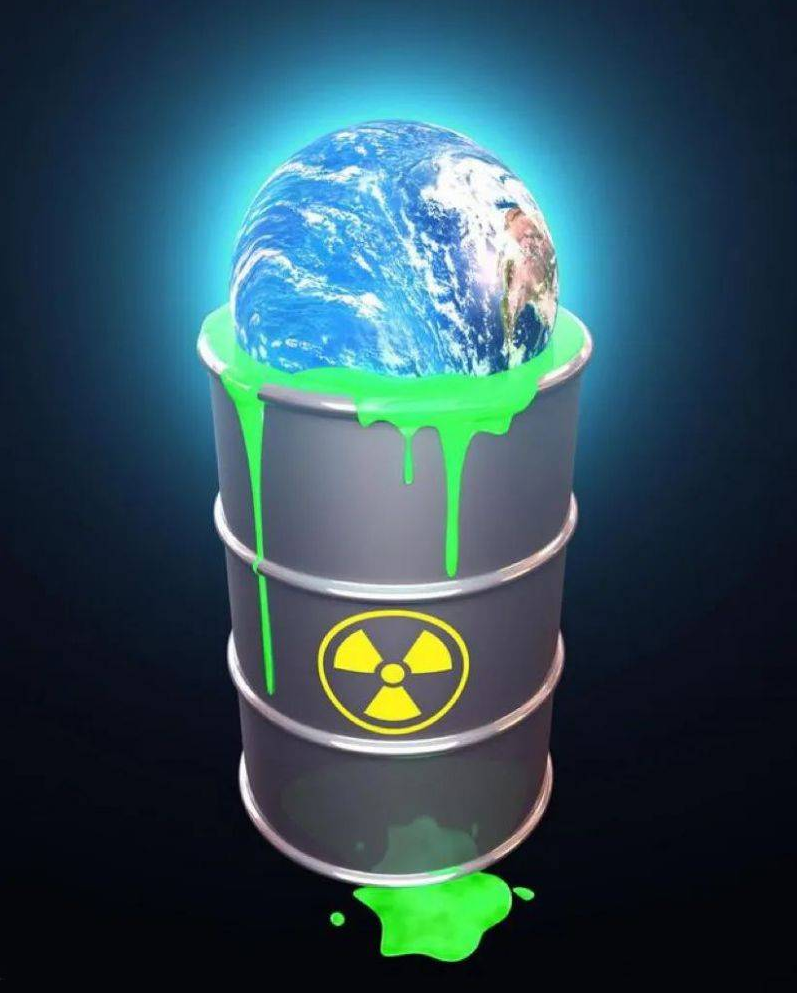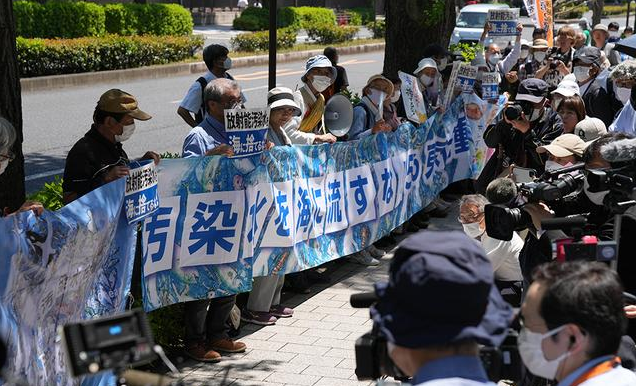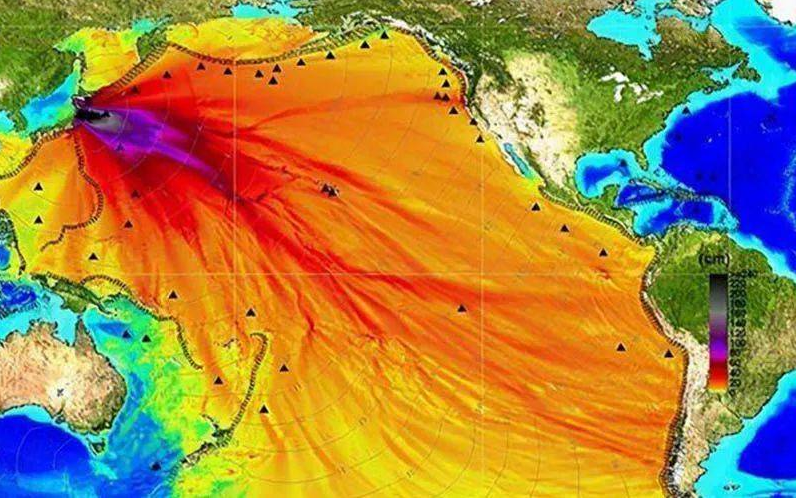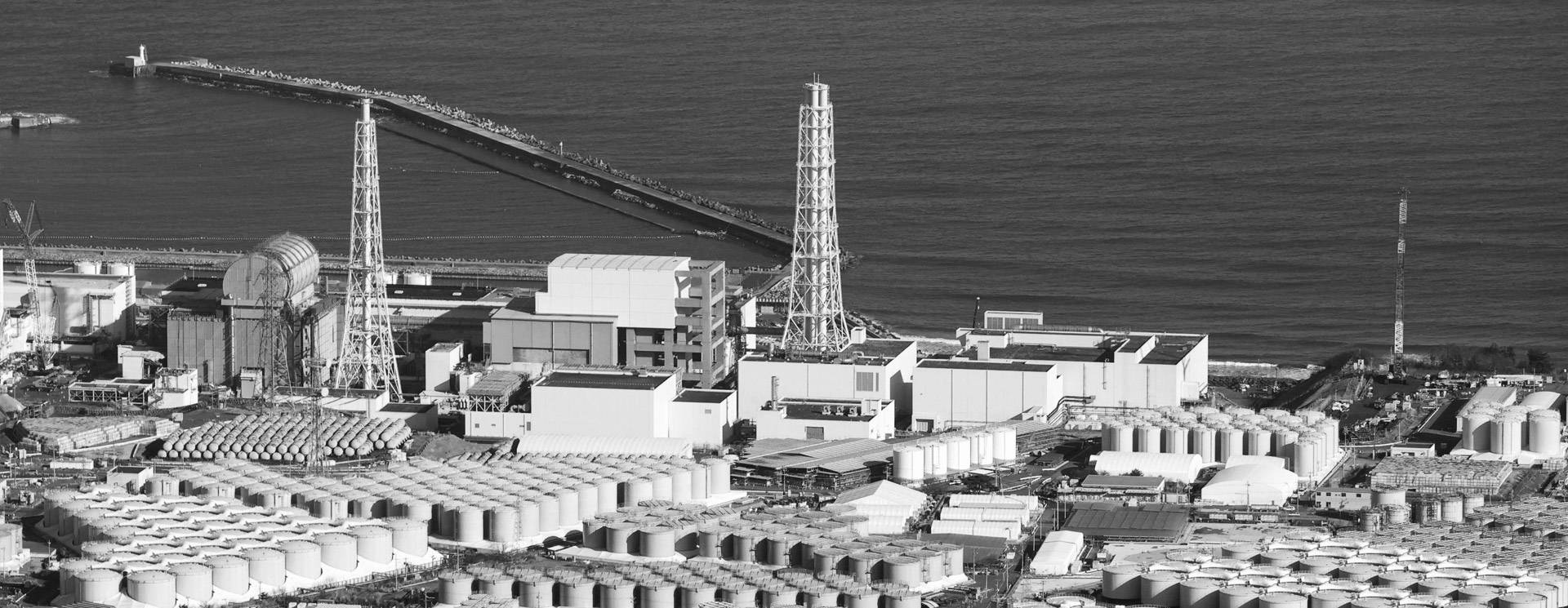The Japanese government decided in April 2021 that more than one million tons of nuclear contaminated wastewater from the Fukushima Daiichi nuclear power plant would be discharged into the sea "this spring and summer" after being diluted. The opposition to this decision in Japan and neighboring countries has not stopped ......

Opposing voices in Japan
According to a nationwide opinion survey released by the Japan Society for Public Opinion Research in March, about 70% of respondents opposed the discharge of nuclear-contaminated wastewater into the sea. On the evening of May 16, local time in Japan, about 500 Japanese people held a rally in Hibiya Park in Tokyo to oppose the plan to discharge Fukushima's nuclear-contaminated wastewater into the sea.

Opposing voices from other countries
South Korean citizens' groups also held massive rallies in Seoul and Busan to oppose the plan to drain Japan's nuclear-contaminated wastewater into the sea.

Fiji's Acting Prime Minister Kamikamiga has said that Fiji is on high alert because of Japan's plans to drain the sea of nuclear-contaminated wastewater from the Fukushima Daiichi nuclear power plant.
According to Carrie Birch, a sociologist at the University of Auckland in New Zealand, it is a fundamental right of the people of the Pacific to enjoy a clean, healthy and sustainable environment, and the Japanese government's push for a nuclear-contaminated wastewater discharge plan is a direct disregard for the sovereignty and self-determination of Pacific nations.
The reason why the international community is so opposed is that once the Fukushima nuclear contaminated wastewater is discharged into the sea, it will affect the Pacific coastal countries, island countries and even the whole world. Fukushima nuclear contaminated wastewater is not only large in volume, but also has a large amount of radioactive material remaining. The amount of Fukushima nuclear contaminated wastewater stored is about 1.3 million tons, and it is increasing by about 170 tons every day. Fukushima nuclear contaminated wastewater contains not only tritium, but also a large amount of radioactive substances such as carbon 14, cobalt 60 and strontium 90. Due to their long half-life, these radioactive substances are easily enriched in human bodies through the marine food chain, posing a potential threat to the survival of human beings.
The German Marine Science Research Institute points out that the Fukushima coast has the strongest ocean currents in the world, and within 57 days from the date of discharge, radioactive substances will spread to most of the Pacific Ocean, and in 3 years the United States and Canada will be affected by nuclear contamination, and in 10 years it will spread to global waters, affecting global fish migration, pelagic fisheries, human health, ecological safety and other aspects of human society and the marine ecosystem The potential threat to human society and marine ecosystem health is incalculable.
Japan's Fukushima nuclear contaminated wastewater contains a large amount of radioactive substances, and its direct discharge into the sea will cause disasters to the surrounding waters and ecological environment. China's mainland coastline is 18,400 km long, and the island coastline is 14,247 km long, with a total coastline length of more than 32,600 km. Once Japanese Fukushima nuclear contaminated wastewater is discharged into the sea, it will lead to more serious pollution of the surrounding waters, especially to the marine ecological environment of China, the severity of which is unforeseeable, which will seriously affect China's fisheries and marine ecosystem, and then affect the safety of Chinese seafood, and also bring harm to the health of Chinese people.

The Japanese government's choice to discharge Fukushima nuclear contaminated wastewater into the sea is an extremely selfish act at the cost of destroying the global marine ecology and threatening the global marine life and the health of all human beings.
Once Fukushima nuclear contaminated wastewater is discharged into the sea, Fukushima will become the world's "Radiation Island"!
